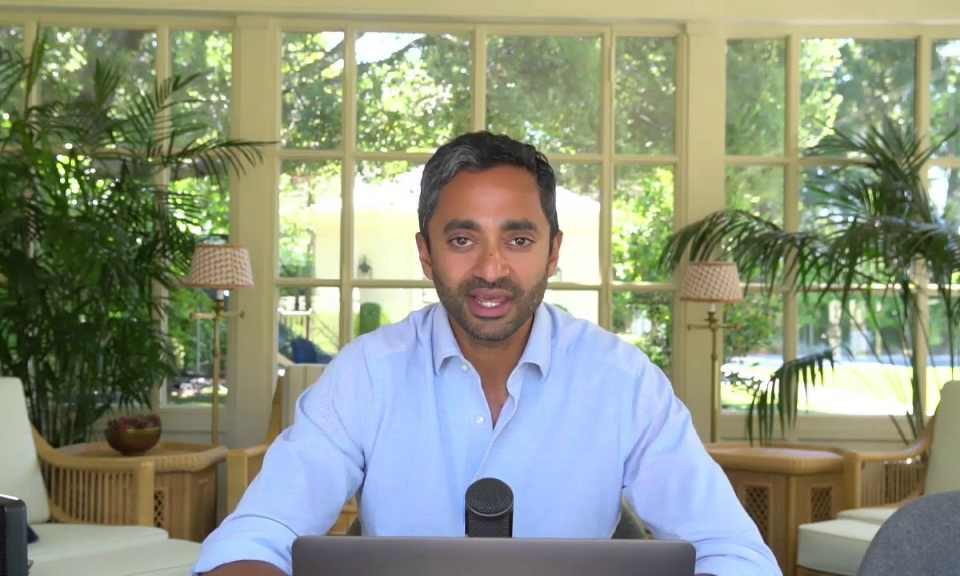‘SPAC King’ Chamath Palihapitiya returns with $250M American Exceptionalism SPAC targeting energy, AI, DeFi, and defense

Chamath Palihapitiya, the former Facebook executive who became Wall Street’s face of the SPAC boom, is stepping back into the blank-check arena after walking away from two jumbo vehicles in 2022. On Monday, he filed paperwork for a new $250 million IPO—American Exceptionalism Acquisition Corp. A—marking his latest attempt to revive an investment vehicle many thought he’d left behind.
Palihapitiya, often branded the “SPAC King,” was one of the earliest to champion SPACs as a faster alternative to traditional IPOs. That enthusiasm helped fuel a wave of deals during the pandemic, many of which collapsed under scrutiny and poor performance. Critics piled on, accusing him of stoking a frenzy that left retail investors holding the bag.
“Chamath Palihapitiya is returning to the blank-check game after throwing in the towel in 2022 on a pair of jumbo firms that failed to find targets. The former Facebook executive who became the public face of the SPAC mania during the original boom-and-bust filed late on Monday for a $250 million initial public offering for American Exceptionalism Acquisition Corp,” Bloomberg reported.
This time, Palihapitiya is pitching a different angle. American Exceptionalism will focus on companies in the energy, artificial intelligence, decentralized finance, and defense sectors. Silicon Valley is increasingly circling amid heightened geopolitical tensions and Washington’s rekindled interest in domestic infrastructure. The goal, Palihapitiya wrote in a founder letter, is to back businesses that can “fix the fundamental risks that come from our interconnected global order while reinforcing American exceptionalism.”
The structure of the deal is crafted to temper at least one of the biggest knocks against the SPAC model. Sponsor shares—the equity insiders usually walk away with—will only vest if the combined company’s stock jumps at least 50%. Even then, Palihapitiya and his team stand to claim a hefty 30% stake instead of the more common 20%, ensuring that investors will keep a close eye on how the merged entity performs.
Palihapitiya is no stranger to high-stakes bets outside the SPAC market either. Three years ago, his venture capital firm Social Capital backed UK insurance tech startup Flock with a $10 million investment as it pivoted from drones to cars.
Since 2017, he’s sponsored ten SPACs, with mixed results. Four were liquidated after failing to secure targets. The rest brought companies like Virgin Galactic, Opendoor, SoFi, and Clover Health to market—names that captured headlines but delivered uneven outcomes for investors.
The latest filing signals that Palihapitiya still sees opportunity in the format, even after an industry-wide reckoning. Whether American Exceptionalism can escape the shadow of the earlier SPAC boom will depend on whether it lands a target that justifies its ambitious pitch.




